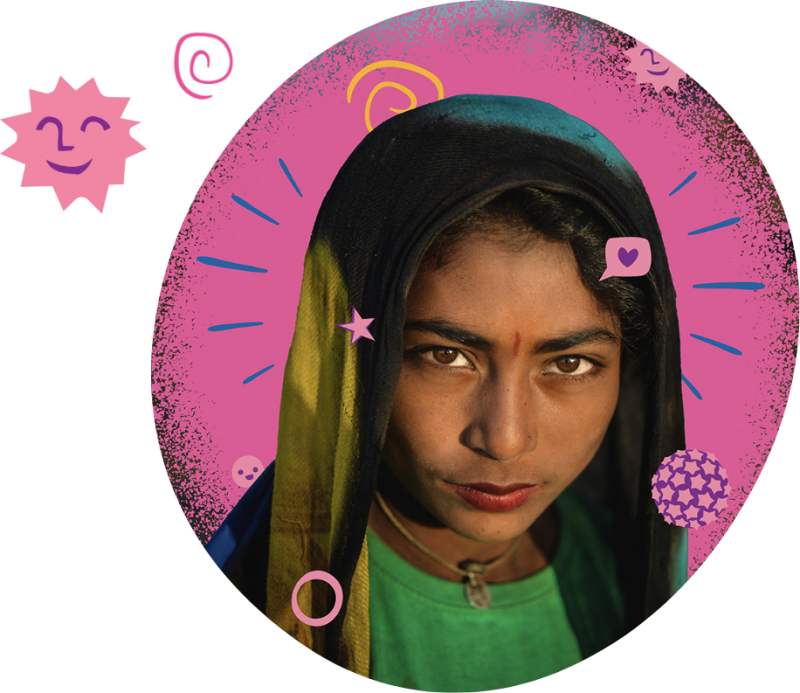Marcia’s Story
Marcia is a cervical cancer survivor from Brazil. Almost all cervical cancer cases are caused by HPV – the human papillomarvirus. Here she shares her journey from diagnosis to recovery and the importance of screening and treatment to survival. Vaccination can prevent HPV. Cervical screening for HPV and for cell changes that could develop into cancer, can reduce the risk of developing cervical cancer.


